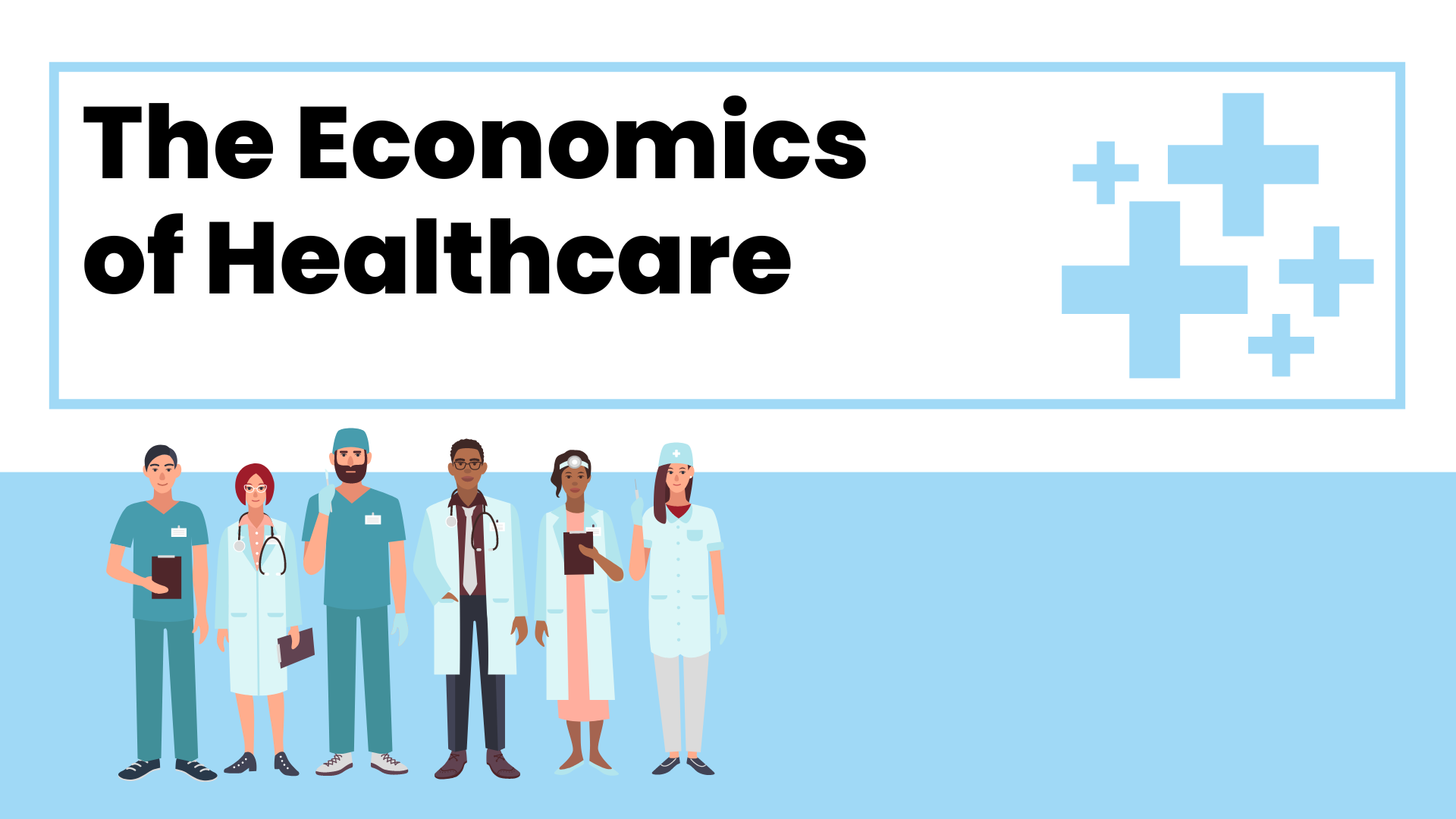The economics of healthcare
Healthcare economics is a complex and multifaceted issue that touches on various economic principles, public policy considerations, and ethical concerns. At its core, healthcare economics seeks to understand and optimize the allocation of resources to meet the health needs of individuals and communities.
One of the critical challenges of healthcare economics is the tension between efficiency and equity. From an economic perspective, the goal of any healthcare system is to provide the most significant possible health benefits to society while minimizing costs. However, achieving this goal requires difficult trade-offs, as different people may have different health needs, and some treatments may be more costly than others.
Another important consideration in healthcare economics is the issue of market failure. In many cases, the market for health care does not function like a traditional market, as patients may lack the information or resources needed to make informed decisions about their health care. Additionally, many people may lack access to affordable health care due to income, geography, or pre-existing health conditions. As a result, government intervention is often necessary to ensure that health care is distributed equitably and efficiently.
In recent years, healthcare economics has become an increasingly important topic of discussion, as rising healthcare costs have significantly strained individuals, families, and governments worldwide. One major factor driving these cost increases is the aging of populations in many countries, as older individuals tend to require more healthcare services than younger people.
Many governments and organizations have proposed various policy solutions to address these challenges. Some of these solutions include increasing access to preventive care, reducing unnecessary treatments, and improving the efficiency of healthcare delivery systems. Additionally, many governments are exploring new healthcare financing and reimbursement models, such as value-based care, which seeks to reward providers for achieving positive health outcomes rather than simply providing more services.
Ultimately, healthcare economics is a profoundly complex and multifaceted issue that touches on various economic principles, public policy considerations, and ethical concerns. While there is no one-size-fits-all solution to the challenges of healthcare economics, it is clear that addressing these challenges will require thoughtful policy solutions that balance efficiency and equity and that ensure that all individuals have access to high-quality healthcare services.



